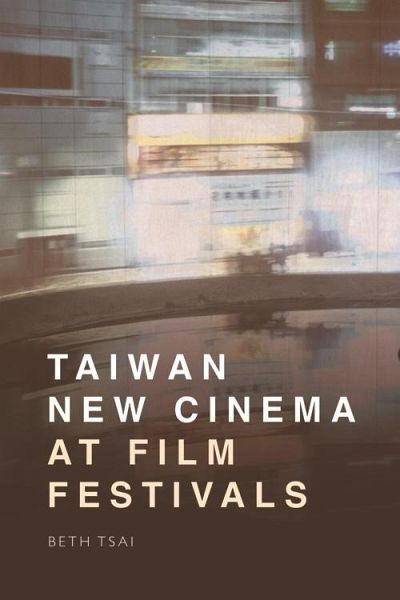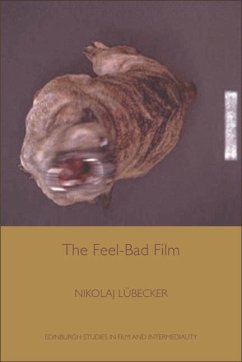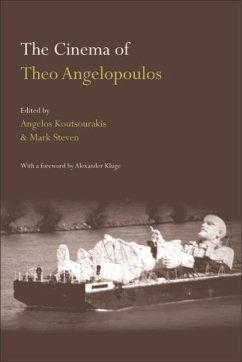
Taiwan New Cinema at Film Festivals (eBook, ePUB)
Versandkostenfrei!
Sofort per Download lieferbar
83,95 €
inkl. MwSt.
Weitere Ausgaben:

PAYBACK Punkte
42 °P sammeln!
Revisits Taiwan New Cinema in relation to film festivals from cultural, historical, and geopolitical standpointsLook at the productive roles women have played as discursive mediators of the cultural imaginary of the nation, the auteur, and the art of slow cinemaOffers accounts of the film festival's role in both commissioning and exhibiting filmsExamines film aesthetics influenced by directors' diasporic identities, moving across different regions and nations, such as Malaysia, France, Japan, Myanmar, and TaiwanProvides in-depth case studies on films by three Taiwan-based directors: Hou Hsiao-...
Revisits Taiwan New Cinema in relation to film festivals from cultural, historical, and geopolitical standpointsLook at the productive roles women have played as discursive mediators of the cultural imaginary of the nation, the auteur, and the art of slow cinemaOffers accounts of the film festival's role in both commissioning and exhibiting filmsExamines film aesthetics influenced by directors' diasporic identities, moving across different regions and nations, such as Malaysia, France, Japan, Myanmar, and TaiwanProvides in-depth case studies on films by three Taiwan-based directors: Hou Hsiao-hsien, Tsai Ming-liang, and Midi Z/Zhao DeyinComplements the scope of and discussions on transnational cinemaTaiwan New Cinema (first wave, 1982-1989; second wave, 1990 onward) has a unique history regarding film festivals, particularly in the way these films are circulated at major European film festivals. It shares a common formalist concern about cinematic modernism with its Western counterparts, departing from previous modes of filmmaking that were preoccupied with nostalgically romanticizing China's image.Through utilising in-depth case studies of films by Taiwan-based directors: Tsai Ming-liang, Zhao Deyin and Hou Hsiao-hsien, Tsai discusses how Taiwan New Cinema represents a struggling configuration of the 'nation', brought forth by Taiwan's multilayered colonial and postcolonial histories. Taiwan New Cinema at Film Festivals presents the conditions that have led to the production of a national cinema, branding the auteur, and examines shifting representations of cultural identity in the context of globalization.
Dieser Download kann aus rechtlichen Gründen nur mit Rechnungsadresse in A, B, BG, CY, CZ, D, DK, EW, E, FIN, F, GR, HR, H, IRL, I, LT, L, LR, M, NL, PL, P, R, S, SLO, SK ausgeliefert werden.













